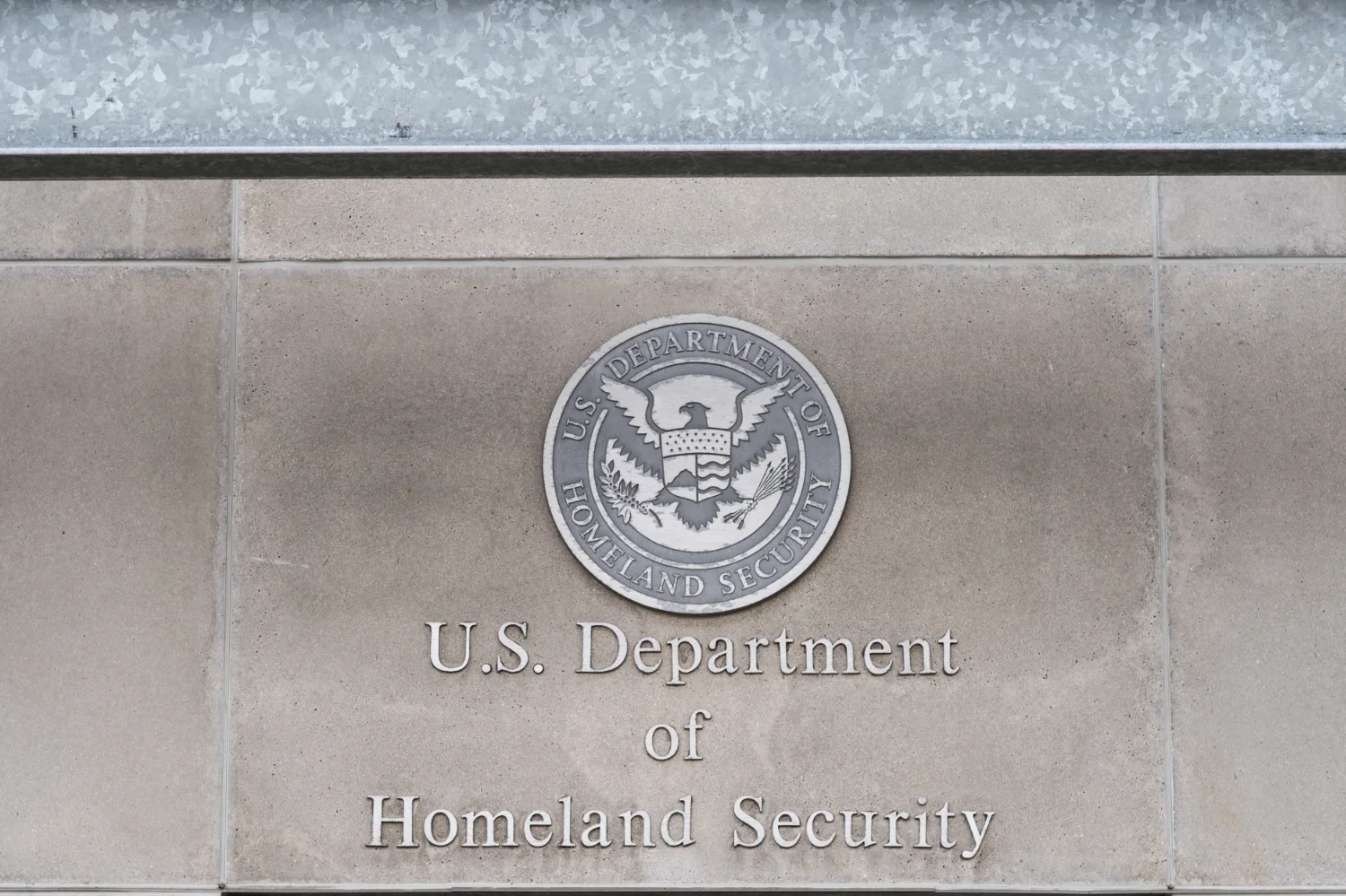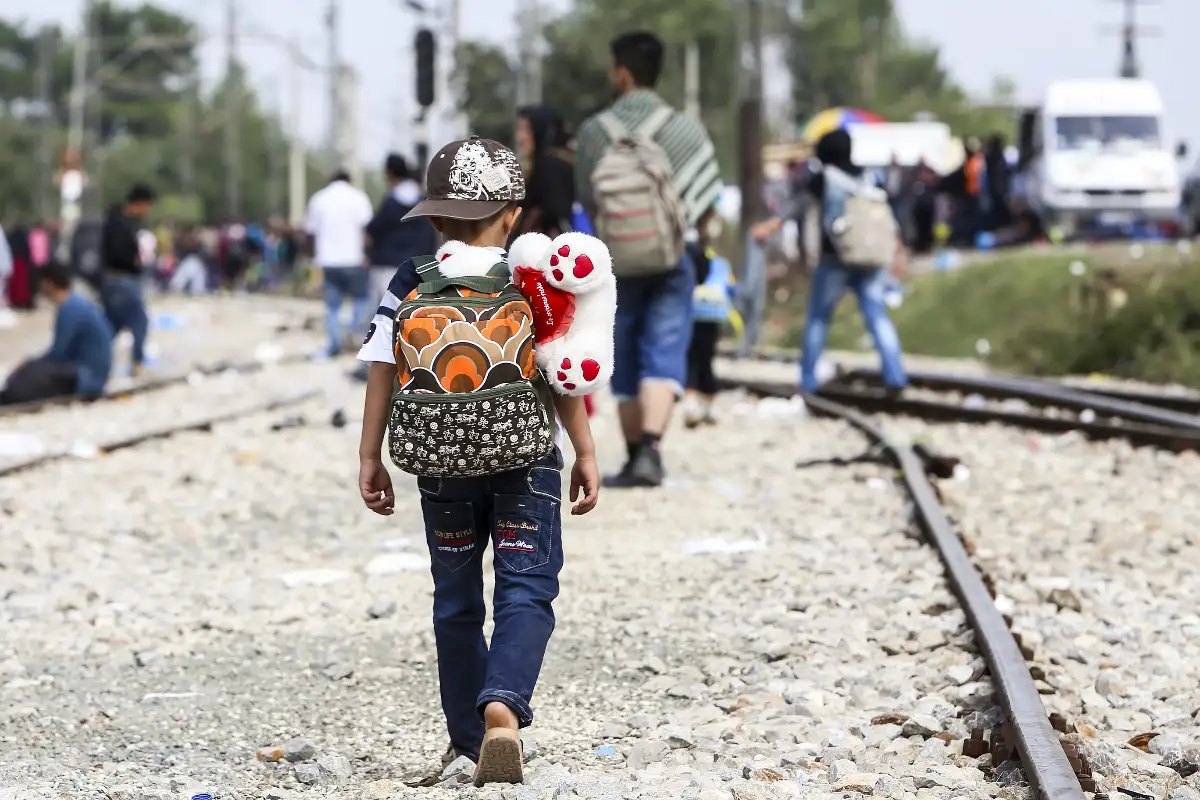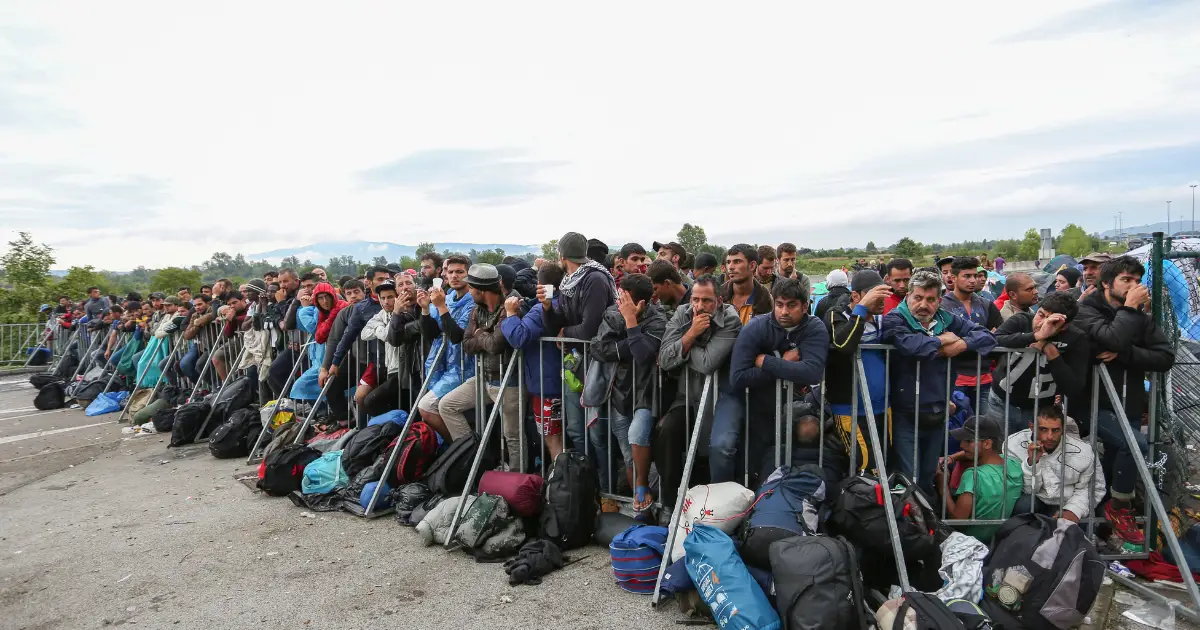The Supreme Court has issued a unanimous decision stating that federal courts cannot review decisions by immigration officials to revoke previously approved visa petitions. This ruling significantly enhances the Department of Homeland Security’s (DHS) discretion over immigration enforcement, limiting judicial oversight.
Details of the Decision
Justice Ketanji Brown Jackson, writing for the Court, clarified that visa revocations are discretionary decisions made by DHS, which Congress has exempted from judicial review. This decision underscores the broad executive power over immigration matters.
Implications of the Ruling
The timing of this ruling is notable, as former President Donald Trump has indicated plans for substantial immigration changes if re-elected. These include ending birthright citizenship and reinstating travel bans. Under the Court’s decision, DHS would have extensive, unreviewable authority to revoke visas, aligning with such initiatives and reducing court oversight.
Case Background
The case involved Amina Bouarfa, a U.S. citizen whose visa petition for her husband was initially approved but later revoked by DHS due to allegations of a prior “sham marriage” to evade immigration laws. The Court distinguished between mandatory decisions, which follow specific rules, and discretionary decisions, where officials have the freedom to decide. Visa revocations fall into the discretionary category, thus not subject to court review.
Concerns and Safeguards
Immigration advocates express concern that the ruling could lead to widespread visa revocations under future administrations. While courts can still address constitutional violations, such as revocations based on religion or without due process, DHS now has significant latitude to implement broad immigration policies through visa revocations.
The Court noted that some safeguards remain in place. Visa petitioners can reapply if their approvals are revoked, and courts can still review initial visa denials. Justice Jackson highlighted that this allows for “room for mercy” in the system, though critics argue that this may offer limited practical relief during aggressive enforcement periods.
Resolution of Legal Discrepancies
This decision resolves a split among federal appeals courts regarding judicial review of visa revocation decisions. The ruling is expected to impact numerous immigration cases where DHS revokes previously approved visas after uncovering disqualifying information.



